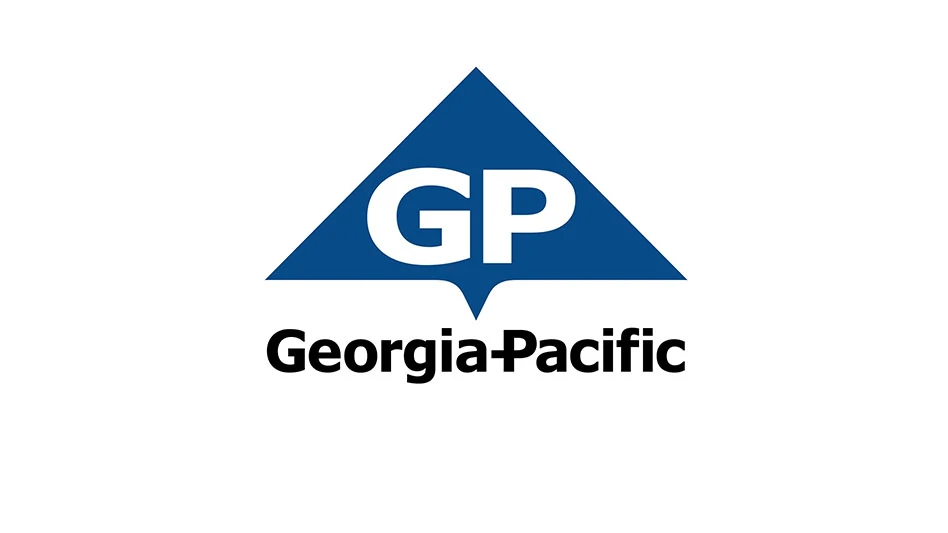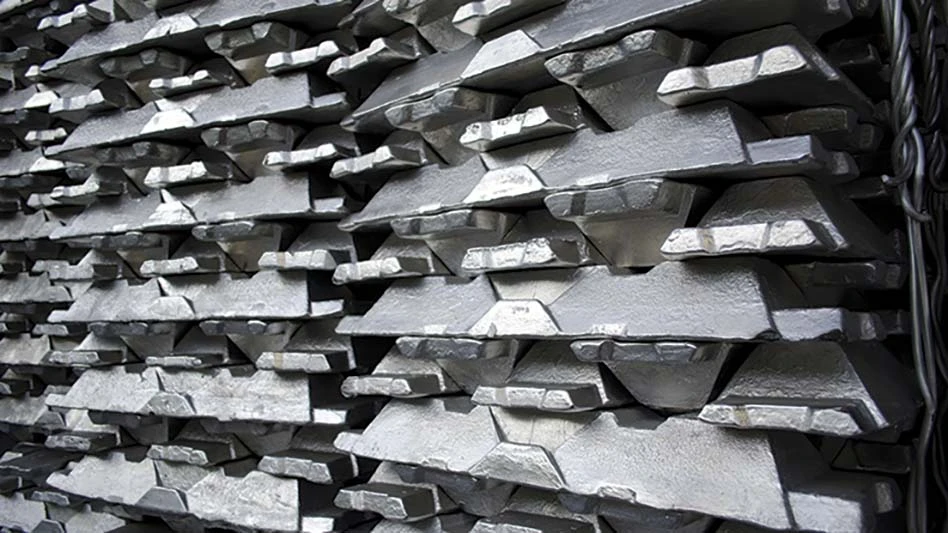Whether you’re talking polyethylene terephthalate (PET), high-density polyethylene (HDPE) or polypropylene (PP) scrap, supply has tightened, while pricing has increased to new highs.
One PET reprocessor based in the Northeast says bale supply is “very tight,” and pricing is increasing as a result. High-grade PET bales have reached 30 cents per pound in California, while pricing is in the 20 cents per pound range in the Midwest and Southeast as of the third week of May, the reprocessor says.
His company has offered to raise its pricing to draw in more material, but the supply is not available. “The collection rate is poor but starting to improve.” He says that is in part because cooler weather has lingered in the Northeast, affecting generation of water and soft drink bottles.
“We are fighting over every bottle out there,” the reprocessor says. “There is not enough material now to go around.”
“We are fighting over every bottle out there. There is not enough material now to go around.” – a PET reprocessor based in the Northeast
Demand for his company’s recycled PET (rPET) flake also has increased, which he says is a very different situation from late 2020. “There was almost no demand for this stuff,” he says, adding that his company was inventorying a great deal of material as a result.
But demand started to grow in March, he says. “People are falling over themselves to try to buy this stuff. It’s gotten a little nuts.”
RPET demand is increasing in part because of the supply constraints affecting virgin material in North America. Dak Americas’ Alpek polyester business has issued force majeure because of a water shortage at its terephthalic acid facility in Mexico.
Supply disruptions are being felt more broadly in the virgin plastics sector. Nova Chemicals Corp. also has claimed force majeure, limiting polyethylene resin sales after a mechanical failure at a production site in Ontario.
These supply disruptions come as chemicals producers along the Gulf Coast continue to recover from weather-related disruptions in PP production earlier this year.

Scott Saunders, general manager of KW Plastics’ Recycling Division in Troy, Alabama, says, “Scrap is very tight because the market is so hot.”
Securing sufficient supply is one of his company’s biggest challenges, he says. Saunders cites “all-time highs” in price for natural and colored HDPE and for PP scrap. He says natural HDPE bottle bales are selling in the range of 96 to 98 cents per pound, while mixed color HDPE is selling in the range of 45 to 46 cents per pound. PP tubs and lids bales are in the 37-to-39 cents per pound range. Even bulky rigids have gained in price, he says.
Demand for recycled natural HDPE has exceeded supply, Saunders says, adding that the price of the material has decoupled from virgin. “It’s trading as its own commodity for now.”
He says he hopes the higher prices will bring out more material, though he says it usually takes a while for that to happen.
Saunders says higher PP prices could lead more material recovery facilities to invest in recovering this material, particularly those that are already making and marketing Nos. 3-7 bales.
KW Plastics is selling all the recycled HDPE and PP it can produce, he says, noting the current market is vastly different than previous projections.
“All commodities are tight,” Saunders says. “People think they know why, but I’m not sure they do. Last year, we heard about how all of this polyolefin capacity was coming online and how it was going to kill recycling, and now we don’t have enough” postconsumer resin. “I don’t know what to think.”

Explore the June 2021 Issue
Check out more from this issue and find your next story to read.
Latest from Recycling Today
- Cyclic Materials to build rare earth recycling facility in Mesa, Arizona
- Ecobat’s Seculene product earns recognition for flame-retardant properties
- IWS' newest MRF is part of its broader strategy to modernize waste management infrastructure
- PCA reports profitable Q1
- British Steel mill subject of UK government intervention
- NRC seeks speakers for October event
- LME identifies Hong Kong warehouses
- Greenville, Mississippi, launches aluminum can recycling program





